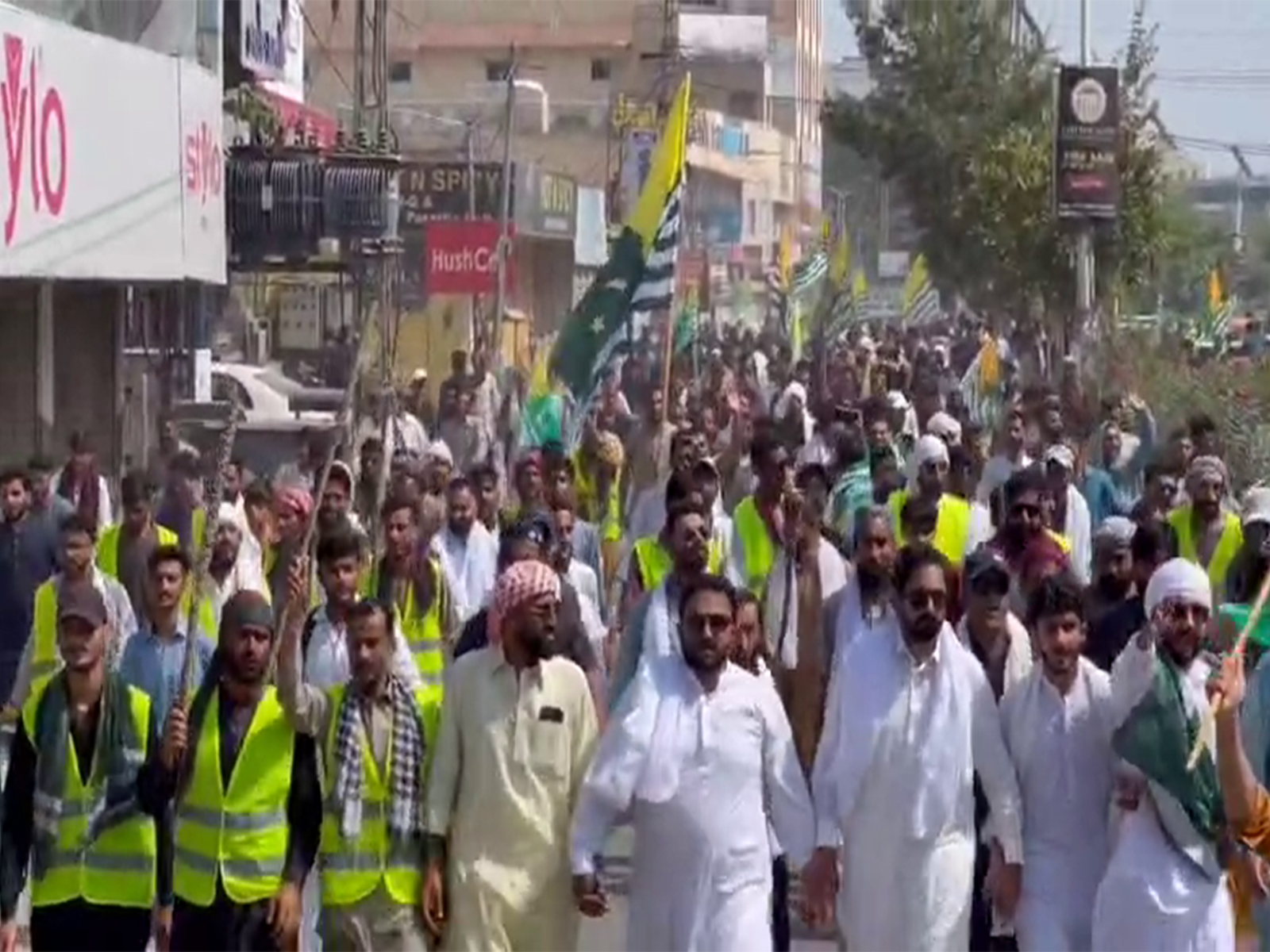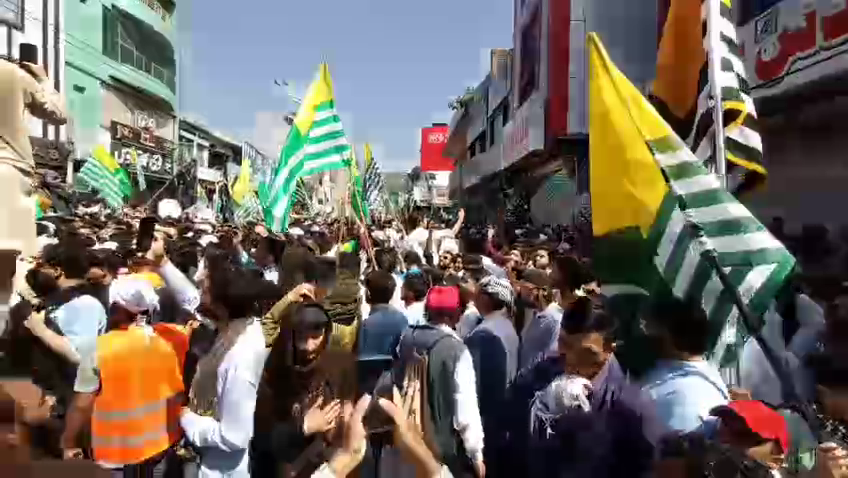
Muzaffarabad [PoJK], September 29 (ANI): Pakistan Occupied Jammu and Kashmir (PoJK) is witnessing an intense shutdown strike and widespread protests as anger grows over the government’s failure to address the demands put forth by the Joint Awami Action Committee. Demonstrations and rallies have erupted across the region, including in Mirpur, Kotli, and Muzaffarabad, signaling a united stand by the people for their rights.

In Muzaffarabad, the situation escalated dramatically when police reportedly opened fire on protesters, resulting in the deaths of two individuals and injuring more than 22 others. The tragic incident has further fueled public outrage and hardened the resolve of the protest movement.
In Kotli, multiple rallies gathered at a central chowk, with protesters expressing frustration at political efforts to undermine the movement. One participant said, “The sitting MNA of Kotli tried for days to derail this movement but failed.” Another stated, “People were threatened and intimidated, but today, everyone is standing firm for their rights. Last night was quiet, but today the streets are filled with noise and determination. Until the demands of the Joint Awami Action Committee are met, protests will continue with full force.”
Locals and activists in Mirpur staged bike rallies and chanted slogans demanding immediate attention to the Action Committee’s demands. The widespread participation is reflecting deep dissatisfaction with the current political situation.
The Jammu Kashmir Awami Action Committee (JKAAC), also called the Joint Awami Action Committee, has put forward a broad range of demands seeking economic relief, enhanced political autonomy, and better governance in PoJK.
Their demands include eliminating privileges enjoyed by the ruling elite, removing 12 legislative seats reserved for Kashmiri refugees settled in Pakistan, and securing royalties from local resources like hydropower to ensure PoJK benefits directly.
They also call for subsidised wheat flour similar to Gilgit-Baltistan, electricity tariffs based on local production costs from the Mangla Hydropower Project, and the restoration and democratisation of student unions. (ANI)
The article has been published through a syndicated feed. Except for the headline, the content has been published verbatim. Liability lies with original publisher.






